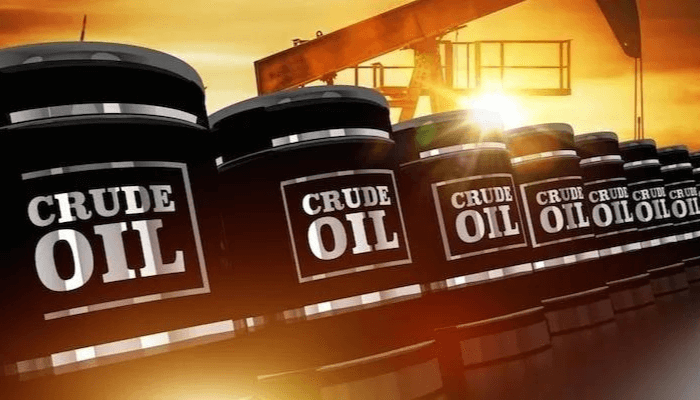Crude oil prices started the week with a gain that pushed Brent crude to the highest in four months following the introduction of a fresh package of sanctions against Russia by the Biden administration. The sanctions focused on Russia’s oil industry.
At the time of writing, Brent crude was trading at $81.11 per barrel, with West Texas Intermediate at $78.08 per barrel, both up by over 1 percent since opening today.
The latest sanction package, reported to be the harshest yet, the U.S. Treasury imposed sanctions on Gazprom Neft and Surgutneftegaz, as well as on 183 tankers, many of them in the so-called shadow fleet Russia uses to ship its oil abroad without having to use Western vessels or insurance.
“The new Russian sanctions from the outgoing administration are a net addition to at-risk supply, adding more uncertainty to the (first quarter) outlook,” RBC Capital Markets said in a note, as quoted by Reuters.
Read also: Oil prices retreat to $76 as strong dollar tempers five-day rally
Bloomberg reported that Chinese and Indian buyers of Russian crude were scrambling to weather the impact of the latest sanction package, as most Russian oil flows were redirected to these two countries after the start of the war in the Ukraine. According to analysts, the parting sanction move by the Biden administration would force Asian oil buyers to turn to the Middle East, Africa, and the Americas to replace lost Russian barrels. Shipping costs will increase as well.
“Overall, the doubling of tankers sanctioned for moving Russian barrels could serve as a major logistical headwind to post-invasion crude flows,” RBC Capital Markets analysts said. The sanction package will affect vessels carrying some 1.5 million barrels daily in Russian crude.
As a result, oil prices have soared and they might yet higher to go as there appears to be broad agreement that these are the harshest sanctions on Russian energy yet. “There is not a step in the production and distribution chain that’s untouched and that gives us greater confidence that evasion is going to be even more costly for Russia,” one Washington official said, as quoted by Reuters.
